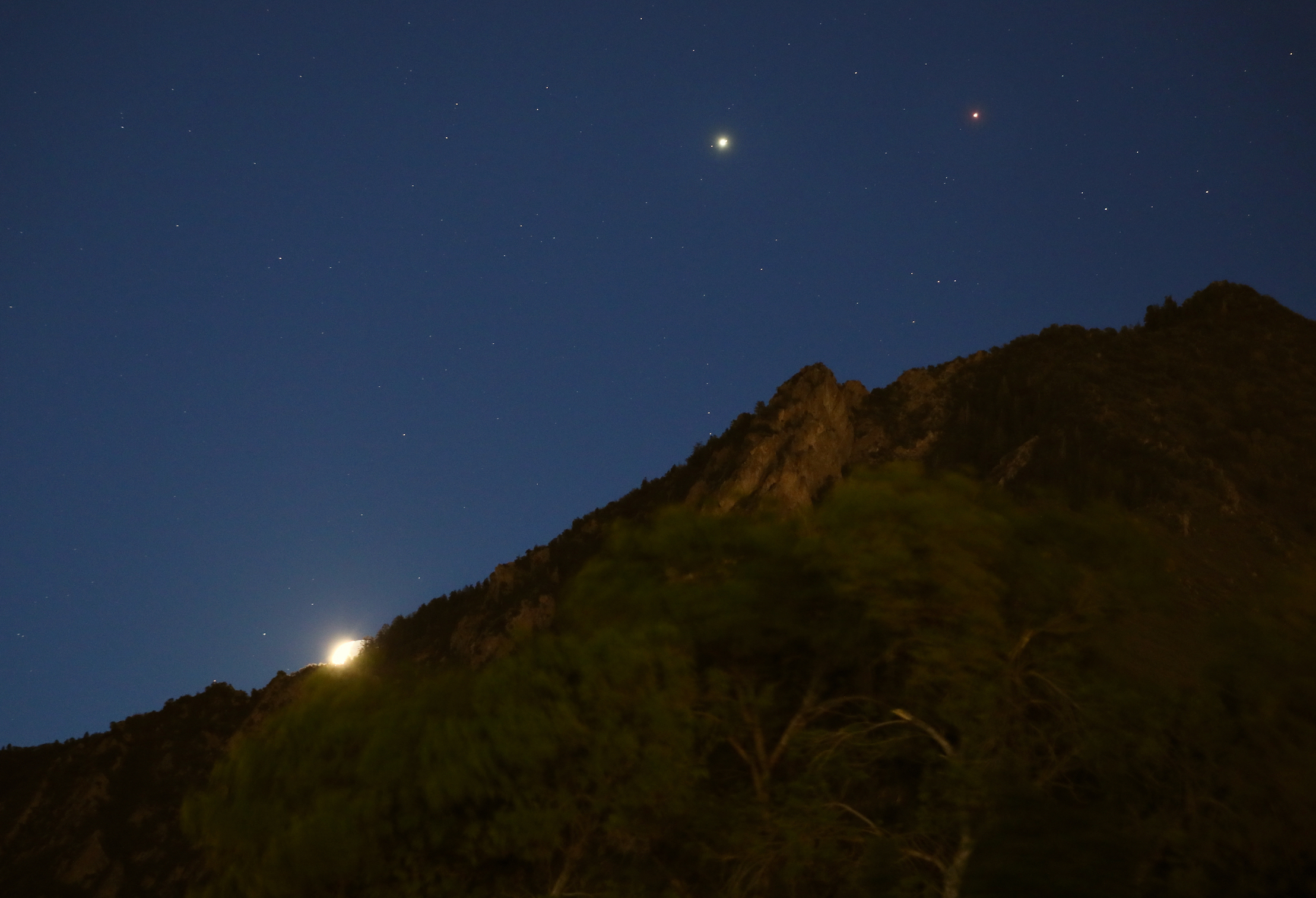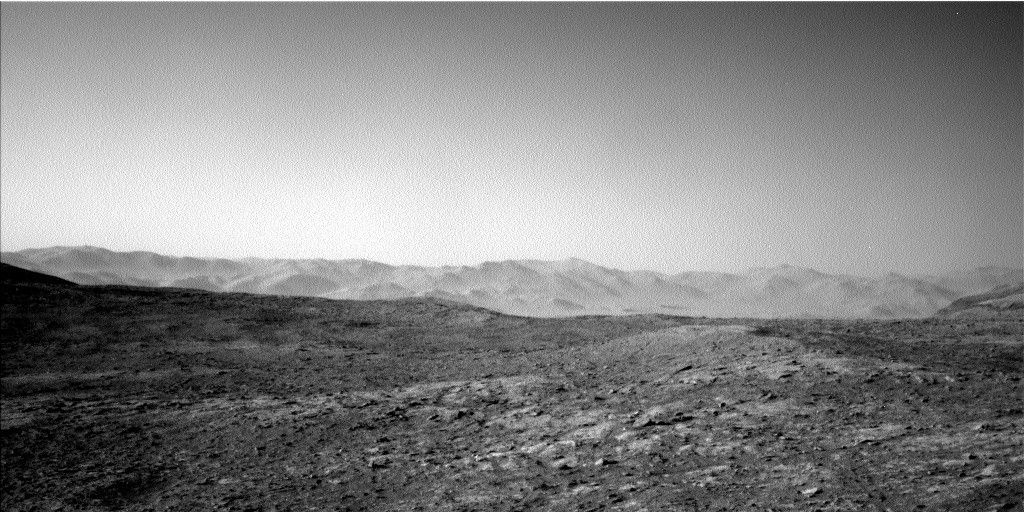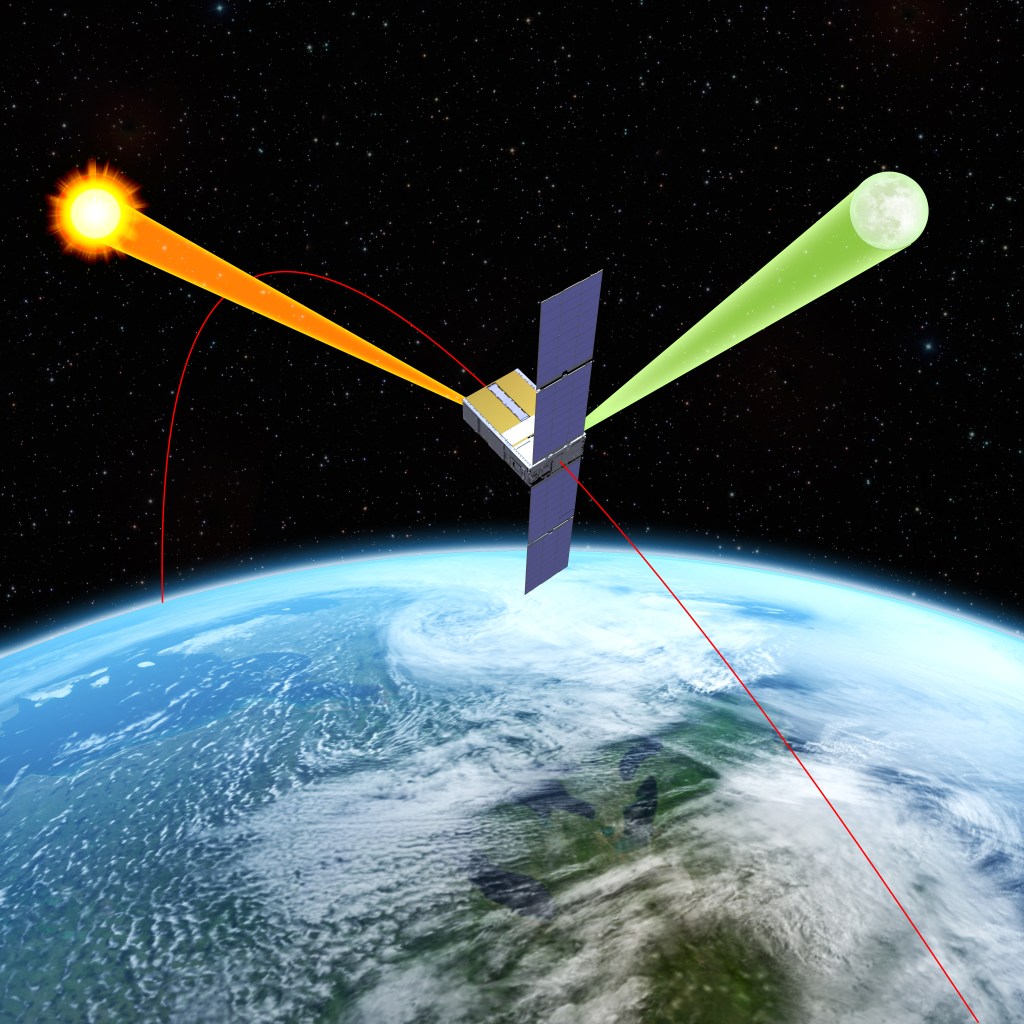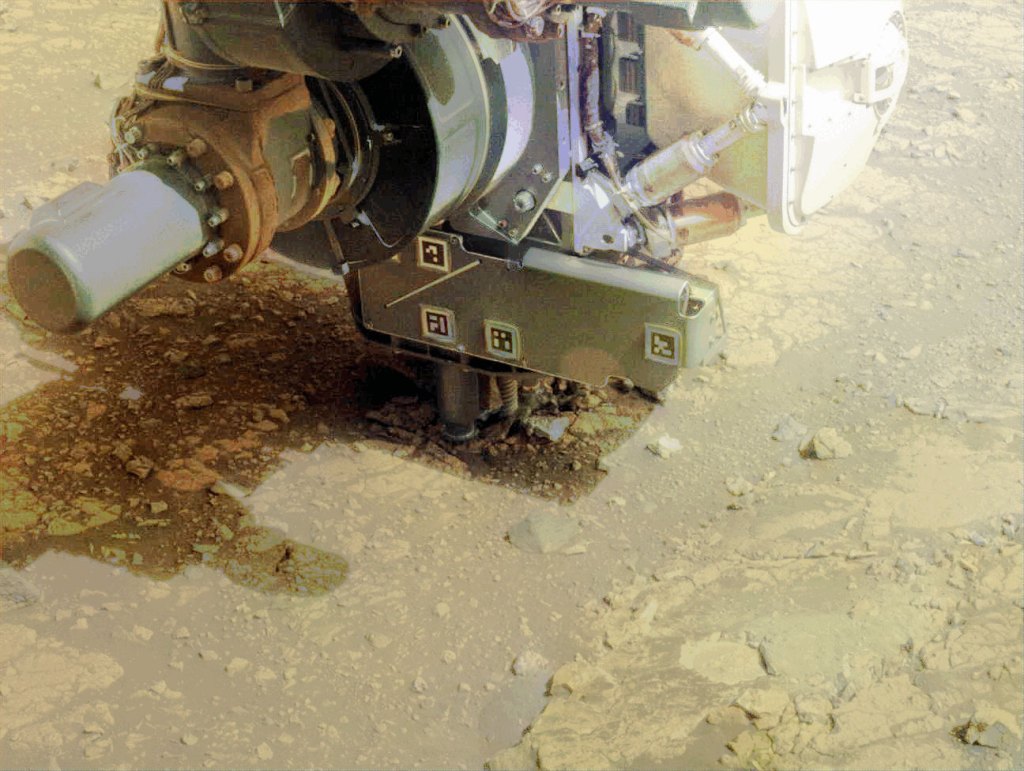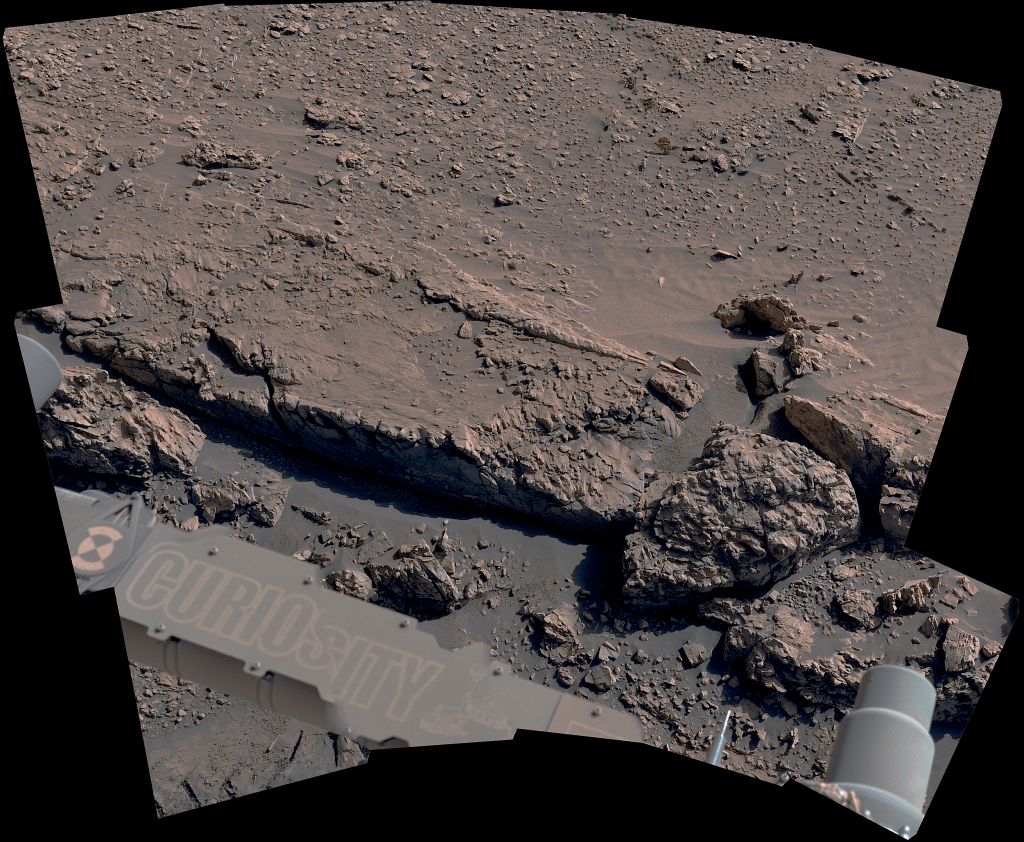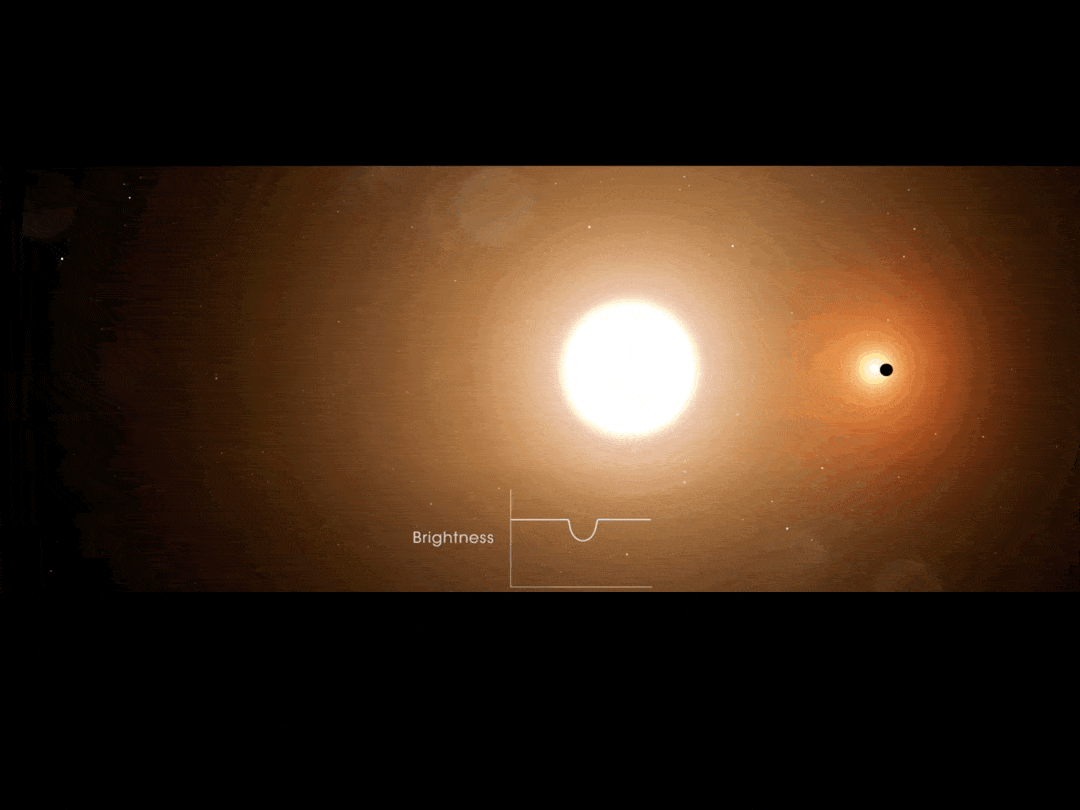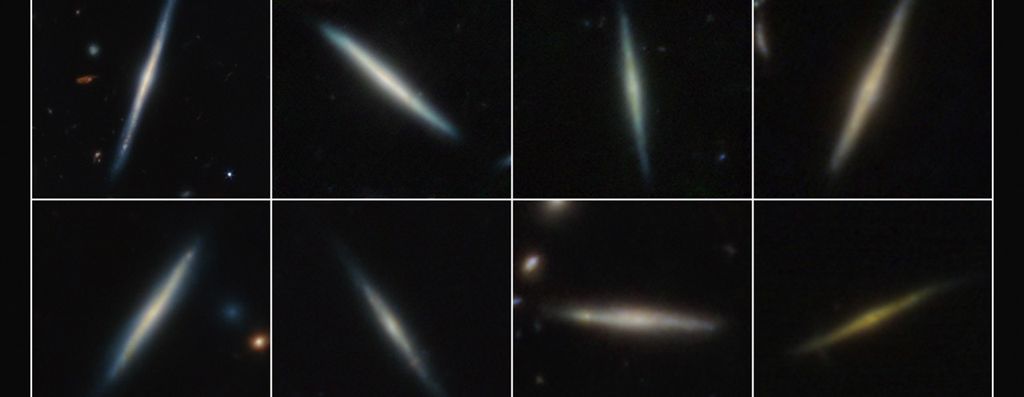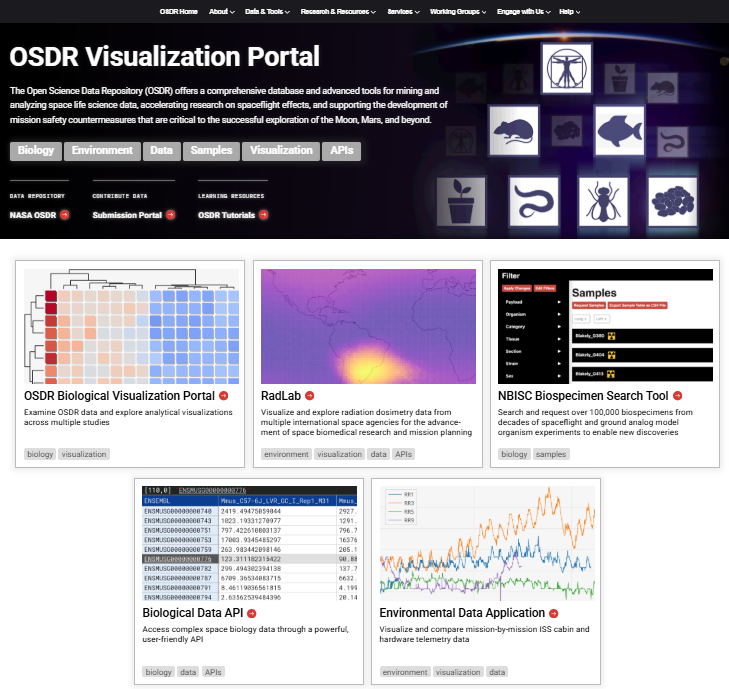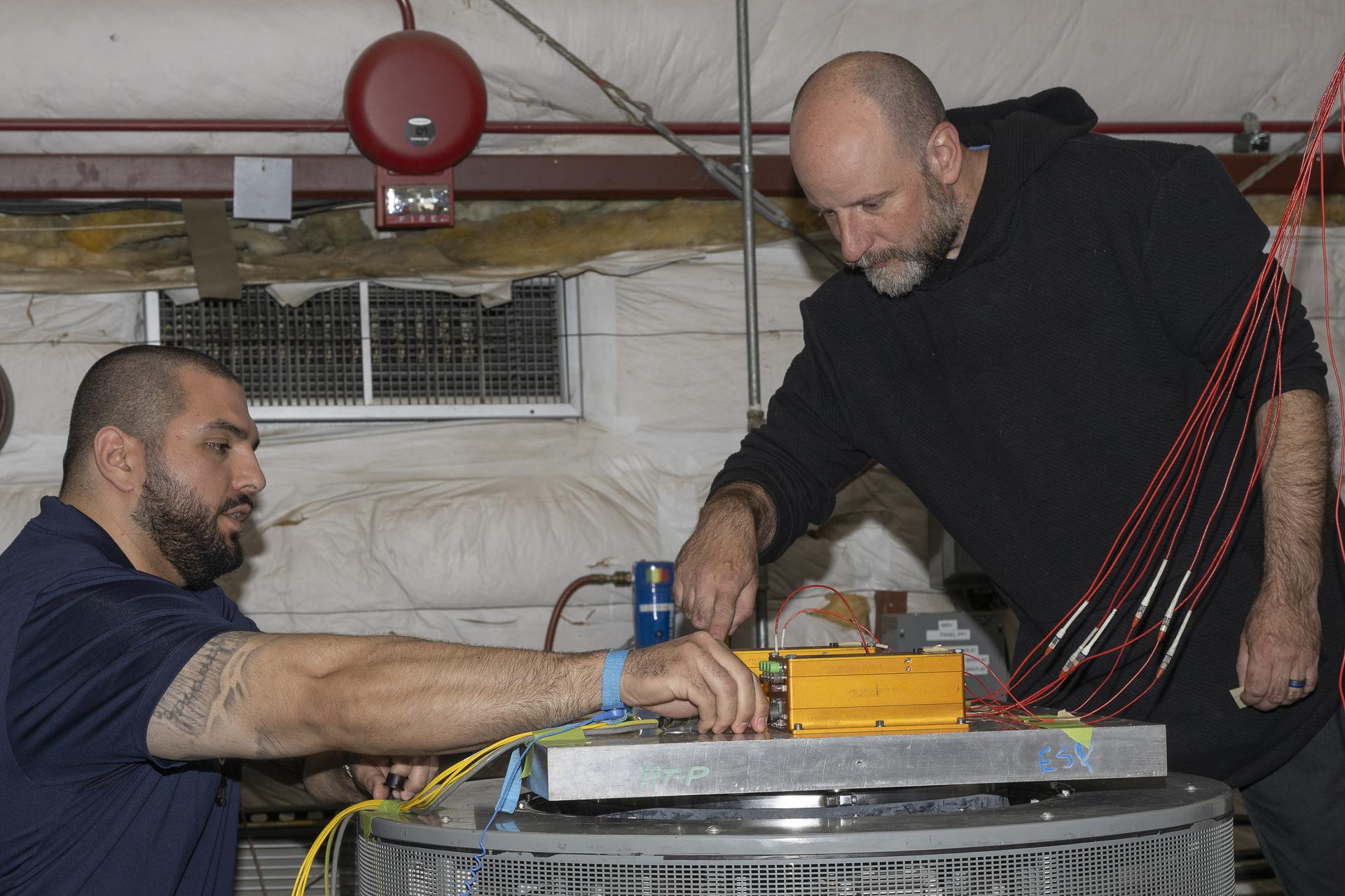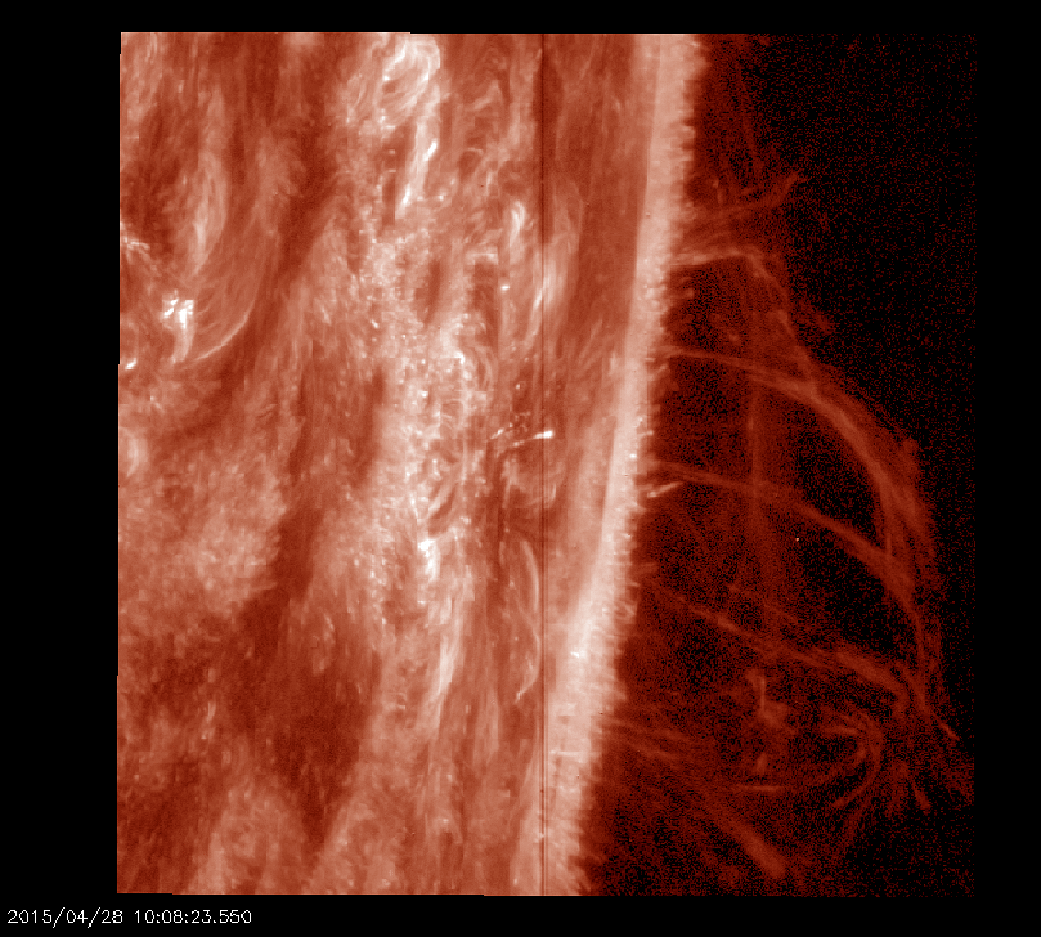In this photo, NASA’s Interface Region Imaging Spectrograph (IRIS) spacecraft captured several large solar prominences on the edge of the sun last week. On May 6, 2015, IRIS completed its 10,000th orbit of the Earth. IRIS, part of the agency’s Heliophysics System Observatory of missions, was launched in 2013 to track how energy and heat courses through a little understood region of the solar atmosphere called the interface region. On June 27, IRIS will celebrate its second year in orbit.
Lockheed Martin’s Solar & Astrophysics Laboratory, Palo Alto, California, designed and manages the mission. The Harvard-Smithsonian Center for Astrophysics in Cambridge, Massachusetts, built the telescope. Montana State University in Bozeman, Montana. helped design the spectrograph. NASA’s Ames Research Center in Moffett Field, California, provides mission operations and ground data systems. NASA’s Goddard Space Flight Center in Greenbelt, Maryland, manages the Small Explorer Program for NASA’s Science Mission Directorate in Washington, D.C. The Norwegian Space Centre provides regular downlinks of science data. Other contributors include the University of Oslo and Stanford University in Stanford, California.
For more information about IRIS, visit: https://www.nasa.gov/iris



